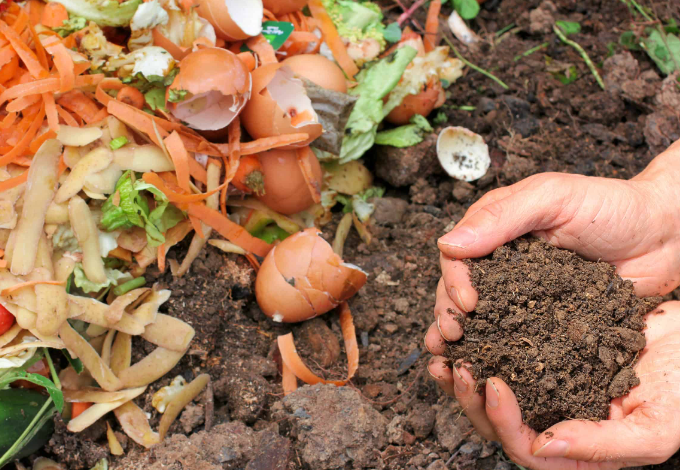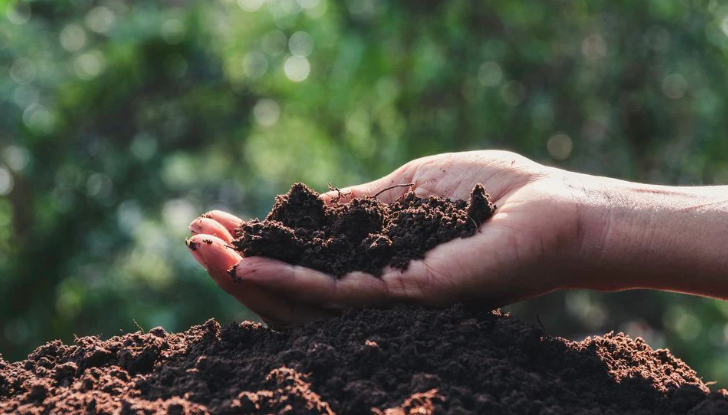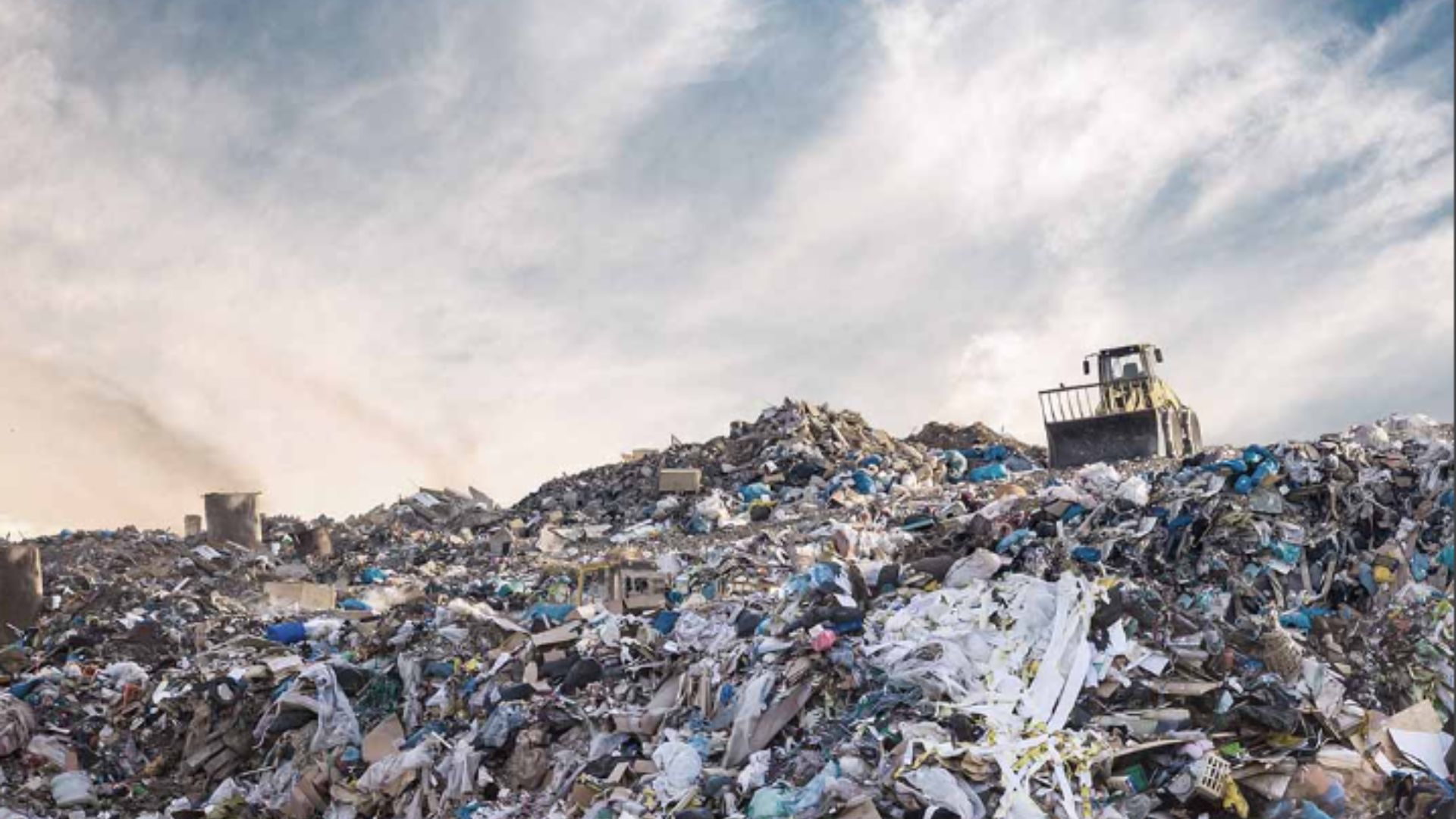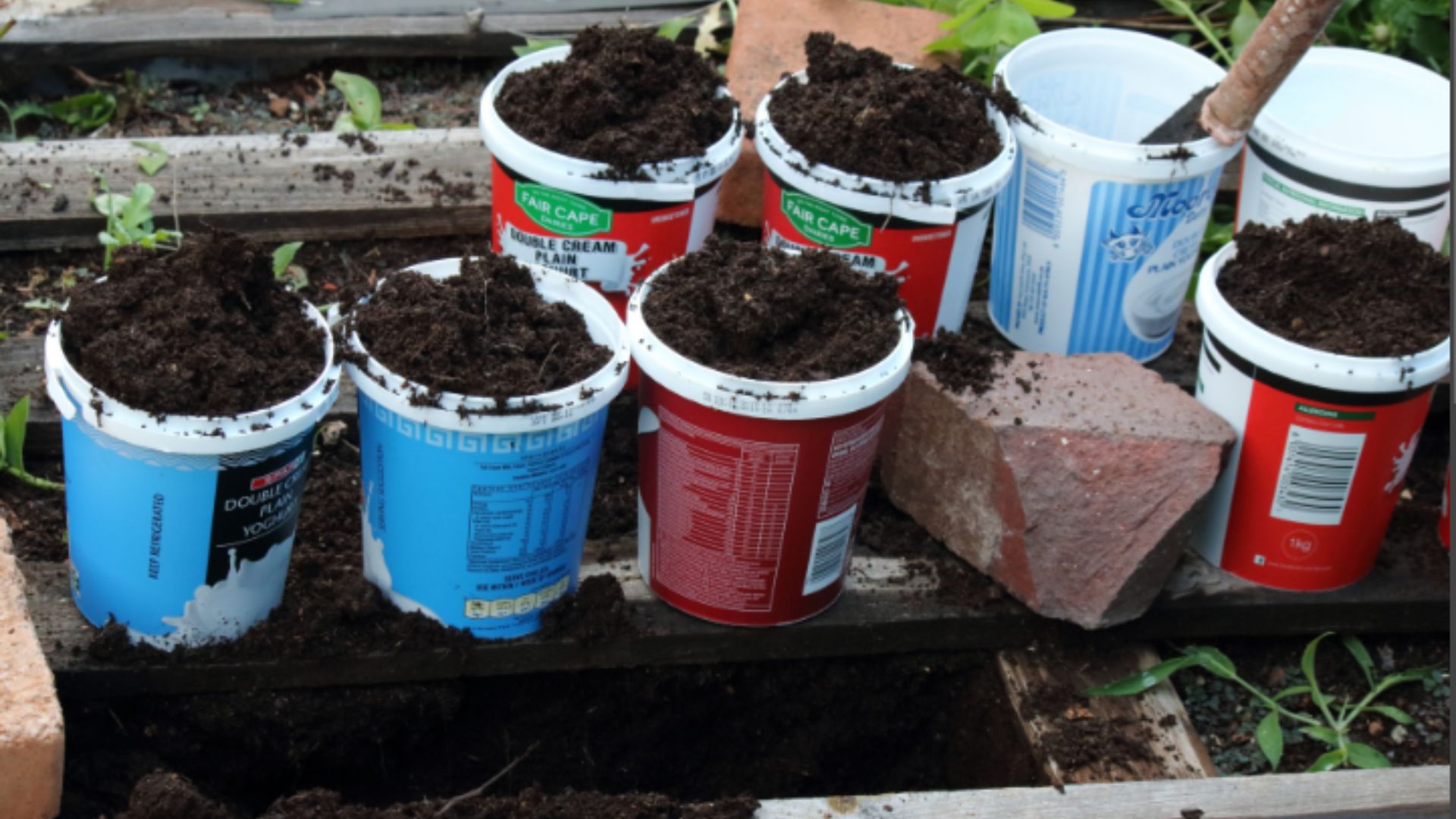Composting is a natural process that transforms organic waste into a nutrient-rich soil conditioner. Beyond just reducing waste, composting offers numerous benefits for the environment, soil health, and even personal well-being.
1. Environmental Benefits
Composting plays a crucial role in diverting organic waste from landfills, where it would otherwise contribute to environmental degradation. When organic materials such as food scraps, yard waste, and other biodegradable items decompose in landfills, they undergo anaerobic decomposition, leading to the release of methane, a potent greenhouse gas. Methane is significantly more effective at trapping heat in the atmosphere than carbon dioxide, contributing to global warming and climate change.
By composting organic waste instead of sending it to landfills, we can prevent the release of methane and reduce the overall greenhouse gas emissions associated with waste disposal. Composting creates an aerobic environment in which organic materials break down more slowly and produce carbon dioxide instead of methane. Additionally, the composting process stabilizes organic matter and transforms it into a valuable soil amendment rich in nutrients, beneficial microorganisms, and organic matter.

2. Soil Enrichment
Compost enriches soil by adding a diverse array of essential nutrients, including nitrogen, phosphorus, potassium, and micronutrients, which are vital for plant growth and development. These nutrients are released slowly over time as the organic matter in the compost breaks down, providing a steady supply of nourishment to plants. Additionally, compost improves soil structure by enhancing its ability to retain moisture and nutrients while also promoting better drainage and aeration.
The organic matter in compost acts as a sponge, holding water in the soil and preventing runoff, which helps plants access moisture during dry periods and reduces the risk of waterlogging during heavy rainfall. By improving soil structure and moisture retention, compost creates a more hospitable environment for plant roots, allowing them to penetrate deeper into the soil, access nutrients more effectively, and withstand drought stress.
3. Waste Reduction
Composting reduces the volume of organic waste sent to landfills, where it contributes to overcrowding and environmental degradation. By diverting organic materials like food scraps and yard waste from landfills, composting conserves valuable landfill space and reduces the need for waste disposal.
4. Carbon Sequestration
Composting helps sequester carbon from the atmosphere by storing it in the soil. As organic materials break down in the composting process. Carbon is captured and stored in the soil, helping to mitigate climate change by reducing atmospheric carbon dioxide levels.
5. Improved Soil Health
Compost improves soil health by promoting beneficial microbial activity, enhancing soil structure, and increasing nutrient availability. Healthy soil supports a thriving ecosystem of microorganisms, insects, and plant roots, leading to healthier, more resilient plants.
6. Water Conservation
Compost improves soil’s water-holding capacity, reducing the need for irrigation and conserving water resources. By retaining moisture in the soil, compost helps plants withstand drought conditions and reduces water runoff, erosion, and nutrient leaching.
7. Cost Savings
Composting can lead to significant cost savings for homeowners, gardeners, and municipalities. By reducing the need for chemical fertilizers, pesticides, and landfill disposal fees, composting helps lower overall expenses associated with waste management and landscaping.
Conclusion
Composting offers a myriad of benefits for the environment, soil health, and resource conservation. By embracing composting practices, individuals, communities, and businesses can contribute to a more sustainable and resilient future while enjoying the rewards of healthier soils, thriving gardens, and cleaner environments.



